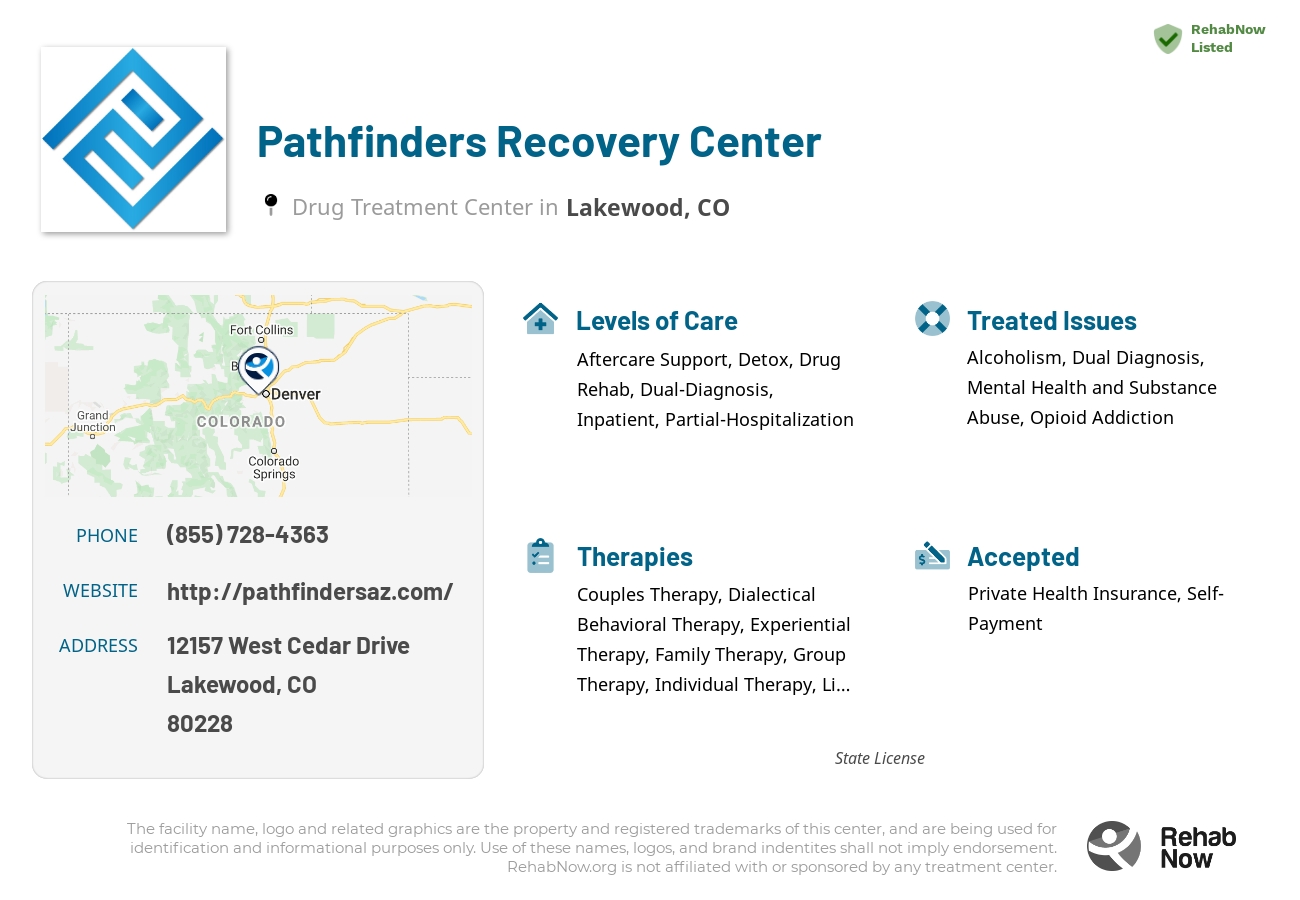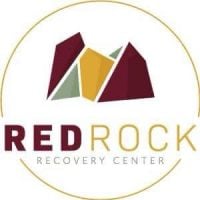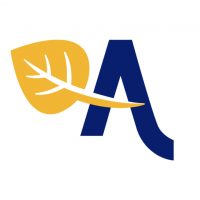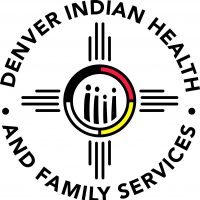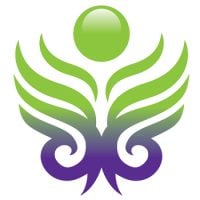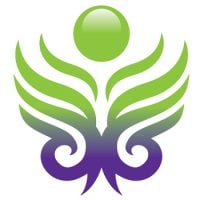Pathfinders Recovery Center
Drug Rehab Center in Lakewood, Colorado
Pathfinders Recovery Center in Lakewood, Colorado is an accredited addiction treatment facility that offers comprehensive services, including aftercare support, detoxification, drug rehabilitation, dual-diagnosis treatment, inpatient care, and partial-hospitalization programs, for individuals struggling with addiction and substance abuse.
About Pathfinders Recovery Center in Colorado
Pathfinders Recovery Center, located in Lakewood, Colorado, is a premier addiction treatment facility dedicated to providing comprehensive care for individuals struggling with substance abuse and co-occurring disorders. With a focus on evidence-based and cutting-edge approaches, Pathfinders Recovery Center offers a range of services tailored to meet the unique needs of each client.
- State-licensed and accredited, ensuring adherence to rigorous standards of care
- Specialized programs for specific populations, including seniors and young adults
- Holistic approach combining psychotherapy with complementary therapies
Pathfinders Recovery Center is committed to delivering high-quality care in a supportive and nurturing environment. Their experienced team of professionals offers personalized treatment plans, addressing not only addiction but also any underlying mental health concerns through dual diagnosis care.
- Medically supervised detoxification services
- Inpatient and outpatient programs
- Aftercare support and relapse prevention strategies
At Pathfinders Recovery Center, individuals can find solace and guidance on their journey towards lasting recovery. The facility treats a wide range of addictions, including alcoholism, opioid addiction, and substance abuse disorders. Treatment modalities encompass individual and group counseling, cognitive-behavioral therapy, dialectical behavior therapy, and motivational interviewing, among others.
Genders
Ages
Modality
Additional
Accreditations
State License
Conditions and Issues Treated
It’s not easy getting sober on one’s own, or even going to rehab and escaping the grasp of addiction by oneself. Substance abuse treatment gives addicts a place to stay sober while learning what it takes to quit for good. They will learn from others about what works and what doesn’t work with remaining drug-free.
Treatment centers such as Pathfinders Recovery Center focus on the needs of individual addicts to heal them. There is a combination of physical and mental therapies that treat the root cause of the addiction, whether it be family problems, stress, or past traumatic events.
The final benefit of substance abuse treatment is introducing new people who can help in your recovery after you leave Pathfinders Recovery Center. Through group therapy sessions with other addicts and attending support meetings once a day, a person will learn how to interact with others and cope with cravings. This is a chance for you to rebuild your social circle healthily after you leave treatment.
Opioid addiction starts when a person becomes addicted to legal or illegal opioids. The addiction can happen quickly, in just a matter of days. Opioid withdrawal can be extremely uncomfortable and lead the user to continue to use even if they want to quit. Stopping using an opioid requires medical observation. Sometimes inpatient treatment with a medically supervised detox is necessary for managing the withdrawal process while learning lasting tools for maintaining recovery. Medications may be used in some cases of opioid addiction.
Opioid addiction is one of Colorado‘s most prominent forms of addiction. It’s treated by detoxifying the body so that the chemicals from the medications no longer impact them and by therapies to correct behavior and target the root of the problem.
Recovery is not simply about stopping drug use. Recovery is working with addiction while recovering mental health issues that are fueling the addiction in the first place.
Levels of Care Offered
This center offers a variety of custom treatment tailored to individual recovery. Currently available are Aftercare Support, Detox, Drug Rehab, Dual-Diagnosis, Inpatient, Partial-Hospitalization, with additional therapies available as listed below.
Detox is the first step of rehab. It involves giving a person time to get the toxins out of their body. During detox, the patient gets ill and they will often start using again to get rid of these unpleasant feelings. That’s why it’s so important to have a Lakewood medical professional at Pathfinders Recovery Center present. A Colorado medical professional will make sure patients don’t start using during detox. They will also provide medication to ease their symptoms and coach them through on a mental level.
Individuals who are suffering from severe addiction or have a high risk for dangerous health concerns are often recommended to receive inpatient treatment.
Choosing to enter an inpatient treatment program is beneficial for people who are suffering from severe addiction, or who have a high risk for dangerous health concerns.
Inpatient treatment is beneficial for:
- People who have a history of severe withdrawal.
- People who have attempted to overcome addiction on their own without success.
- People who have a history of relapse, or have recently relapsed.
- People at risk for drug overdose or withdrawal-related complications.
- People with medical conditions that are worsened by drug or alcohol use.
PHP is a program where the individual is cared for in a hospital-like environment during the struggle of those symptoms, but still have some of the freedoms of an outpatient form of treatment. The individual may sleep at the facility each night, or they may sleep at home, but all have more monitoring than an outpatient treatment program typically offers. A PHP is able to live at home, attend school, work or perform other daily activities. This appeals to many families due to the ability of their loved one to still have some freedoms while also receiving treatment for their addiction.
Aftercare support should take place after outpatient treatment has ended. There are a few different types of aftercare support that patients can seek. These include 12 Step, Self-help groups (AA, NA), Therapeutic communities, Long-term, structured sober living arrangements, and Halfway houses (residential treatment centers).
Therapies & Programs
Individual therapy involves one-on-one sessions between the patient and therapist. It provides patients with a safe environment to openly discuss personal and sensitive issues with the therapist. They find the therapist as someone they can trust. Individual therapy aims to identify the core issues that would have led the patient to substance abuse and address them effectively. The therapist can develop patient-specific customized solutions through individual therapy, which aids speedier recovery.
Couples therapy works with clients and significant others in a professional capacity to improve relationship dynamics. This can be helpful for addicts who are trying to marry the idea of recovery into their work, family, social lives – any aspect that has to do with relationships.
Through counseling sessions, addicts will have an opportunity to talk about their addiction with professional partners. These partners can offer feedback and advice on how to get sober while keeping healthy relationships intact. A good couples therapist will help addicts understand their part in an unhealthy relationship dynamic or find ways to deal with anger or resentment from significant others outside of the home.
Family therapy is a group problem-solving that aims to improve communication and relationships between the addict, their family, and sometimes friends. The main goal of family therapy for drug addiction is to create an environment where communication can occur without judgment, hostility, or blame. The therapist is with the family as they learn to communicate differently, especially with the addict when s/he is using. The family can learn to reduce their enabling behavior or rally together and support each other during tough times.
An addict’s family can play a vital part in helping them to avoid relapse because they can spot the warning signs and help them get back on track before it becomes too much of a problem. Family therapy is one of the most effective ways to help addicts stay on the path to long-term sobriety. When a drug addict decides that they want to try and get sober, it takes the support of every person they love to succeed. It can be incredibly difficult for loved ones to watch an addict go through the pain and suffering of withdrawal, but by being there with them and supporting them, they can help to make sure that the addiction never returns.
Groups typically involve meetings with other recovering addicts who can relate to one another’s experiences. They might meet in person or online and typically focus on the process of staying sober rather than overcoming a specific addiction.
In these groups managed by Pathfinders Recovery Center, addicts can build a sense of community and develop strong emotional connections with others who understand what they are going through. These beneficial relationships can help addicts overcome their cravings and prevent relapse at any point during the recovery process.
In general, trauma therapy is a clinical process that helps individuals deal with mental stress often caused by traumatic events. The therapist helps the person identify, understand, and work through the problem. This is done with the help of talking about it in group or one-on-one counseling sessions. Therapists use relaxation, role-playing, art, and music to help the person open up about what is bothering them.
There are many different types of trauma therapists, such as psychiatric nurses and counselors. Not everyone is a good candidate for this type of therapy; it is generally reserved for people who have recently experienced a traumatic event and struggle to get over it. It is often done for children, teenage victims of sexual assault, and war veterans.
Dialectical Behavior Therapy (DBT) is a type of therapy created in the late 1980s and early 1990s to help people with high rates of suicidal behavior. DBT helps people learn how to live a life that is no longer controlled by overwhelming emotions and urges. It is beneficial in treating drug addiction because it helps patients understand and cope with their cravings for drugs or alcohol rather than turning to those substances as a way of coping.
There is hope for people who are addicted to drugs and alcohol. Cognitive Behavioral Therapy (CBT) is the solution. CBT focuses on the underlying thoughts and behaviors that caused the addiction problem in the first place and may cause a relapse. This type of psychotherapy addresses negative feelings common in substance abuse disorders. It helps to change them by restructuring thought patterns. It’s about removing negative thoughts and providing long-term benefits while promoting self-awareness, self-control, and healthy ways to respond to negative thoughts. These sessions can be done by themselves or as part of combination therapy.
REBT, or Rational Emotional Behavior Therapy, is a way of replacing negative thoughts with positive ones. It teaches people how to deal effectively with their unwanted habits and emotions. Some common problems people have are procrastination, unhealthy eating, and angry outbursts. Learning how to deal with these problems in a productive manner makes them less apt to come back.
Since addiction is a chronic physical and mental illness, addicts need to learn as many life skills as possible. Many drug treatment centers offer life skills activities as part of their addiction recovery programs. Examples include cooking classes, employment training, resume writing seminars, parenting classes, and computer training. Life skills activities help addicts find employment, take care of their families, and give back to the community.
Taking part in a 12-step program allows people to accept their addiction on their own terms. It divides the process into 12 steps and provides Pathfinders Recovery Center [fields type=’wpwc pagename’] self-help without feeling rushed. <br>
Adherents to Alcoholics Anonymous follow “The Big Book,” which contains sobriety guidelines and offers support from peers who have faced similar challenges. Many drug users seek help from Narcotics Anonymous or Pills Anonymous.
Both NA and AA have 12 steps. They cover topics like admitting a problem, controlling the addiction, listening without judgment, making amends, and more.
Patient Experience
Experiential Therapy at Pathfinders Recovery Center
Experiential Therapy teaches people how to think differently about their lives and change their emotions by changing their behavior. This type of treatment is accomplished with various activities that may involve acting, props, arts and crafts, animal care, or other tools that may be effective.
This therapy aims for patients to release suppressed thoughts that cause bad feelings and drug addiction. Role-playing, arts and crafts, music, animal care, rock climbing, etc., are some of the activities used in this therapy. Gradually an individual will feel calmer and more loving which will change their perception positively. In addition to treating drug addiction, experiential therapy is beneficial for different behavioral and eating disorders.
Payment Options Accepted
For specific insurance or payment methods please contact us.
Is your insurance accepted?
Ask an expert, call (888) 674-0062
Additional Details
Specifics, location, and helpful extra information.
Lakewood, Colorado 80228 Phone Number(855) 728-4363 Meta DetailsUpdated April 15, 2024
Staff Verified
Pathfinders Recovery Center Patient Reviews
There are no reviews yet. Be the first one to write one.
Lakewood, Colorado Addiction Information
The Centennial State has slipped to a ranking of 12th in the country for drug abuse. Each year around 24% of the state's population uses illegal drugs while nearly 5% of its population abuses alcohol. Substance-related deaths in Colorado were responsible for 15.12% between 2008 and 2017. Fortunately, Colorado drug and alcohol addiction treatment are available to help a person overcome addiction.
18.9% of Lakewood residents reported using an illicit drug. The most commonly abused drugs in the city are marijuana, cocaine, and heroin. 1 out of 10 children lives with a parent addicted to drugs. The rate of adults and teens who abuse prescription medications is 18.2%. There are 39 drug rehab centers available in Lakewood, Colorado for the residents. Although the treatment here is expensive still it is worth it.
Treatment in Nearby Cities
- Cortez, CO (248.1 mi.)
- Center, CO (145.3 mi.)
- Palmer Lake, CO (42.5 mi.)
- Parker, CO (24.1 mi.)
- Lamar, CO (176.0 mi.)
Centers near Pathfinders Recovery Center
The facility name, logo and brand are the property and registered trademarks of Pathfinders Recovery Center, and are being used for identification and informational purposes only. Use of these names, logos and brands shall not imply endorsement. RehabNow.org is not affiliated with or sponsored by Pathfinders Recovery Center.



